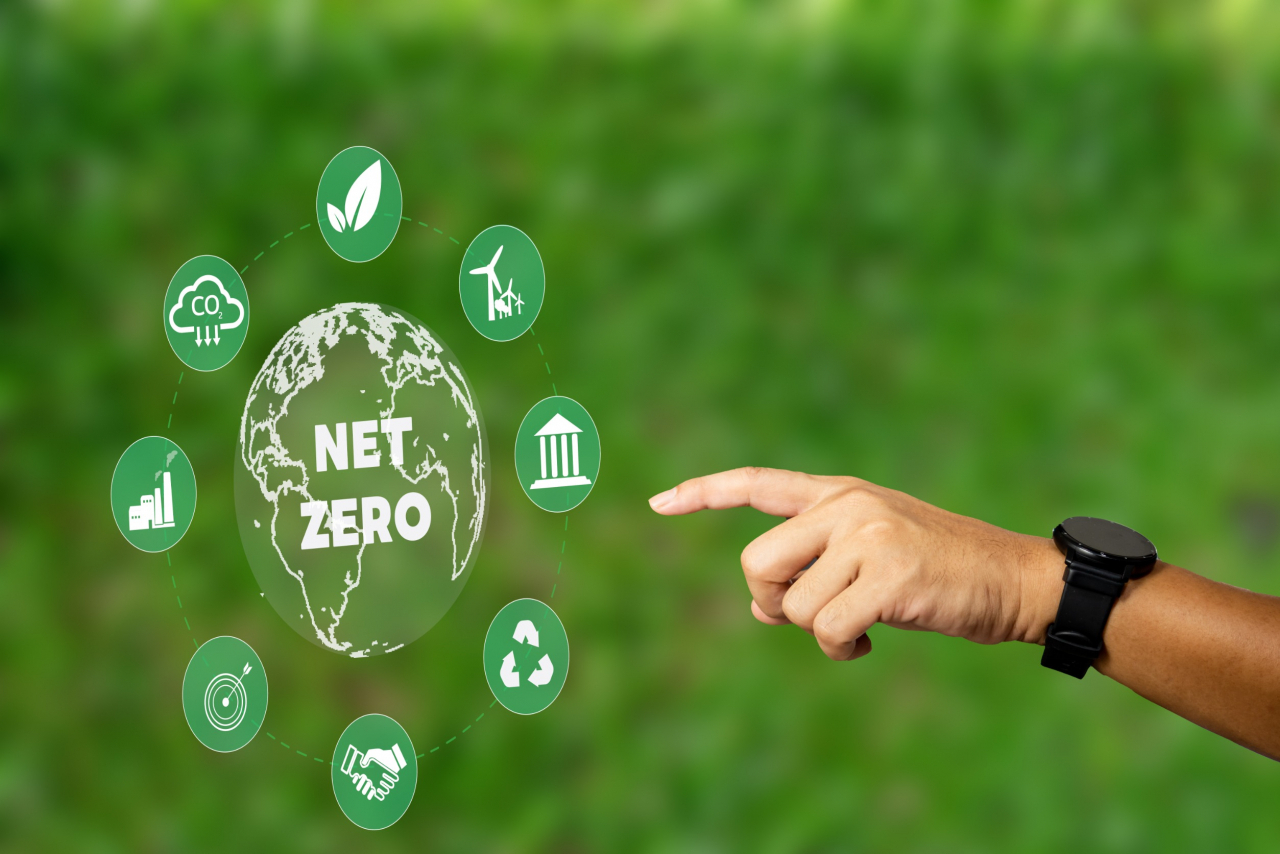Korean firms eye chances in net zero, global market: ChatGPT report
Early adoption of AI technology would be decisive factor for market positioning
By Park Han-naPublished : March 6, 2024 - 16:28

The global transition to net zero will be a boon for companies in renewable energy and secondary batteries, while supply chain restructuring will challenge Korean chipmakers, according to data analysis released Wednesday by the Korea Chamber of Commerce and Industry.
The business group released a report on opportunities and risk factors that Korean firms expected this year by analyzing 2024 management messages from the top 100 listed companies using ChatGPT.
The opportunity factors for Korean companies analyzed by ChatGPT include strengthening competitiveness with digital transformation and the introduction of artificial intelligence, reinforcing carbon neutrality, and expanding global market businesses. The risk factors were supply chain restructuring, geopolitical uncertainty, high inflation as well as steep oil prices.
“The opportunity factors analyzed by ChatGPT clearly suggest that in the recent process of rapid change in the global economic and industrial landscape, Korean companies must pay attention to AI and carbon neutrality in technology and look for emerging markets to replace China in the market,” Said Joo Won, director of the Hyundai Research Institute.
The report said that new business opportunities could be created in renewable energy, green hydrogen and secondary batteries, with the shift to carbon neutrality and reinforced environmental, social, and government policies.
Companies also sought to expand into new markets to consolidate their overseas businesses and secure long-term growth. Among global markets, emerging markets such as Eastern Europe, the Middle East, India and Southeast Asia were mainly mentioned in the companies’ management messages.
Opportunities also lay in the digital transformation and the rise of artificial intelligence for Korean firms, according to the ChatGPT analysis.
The spread of AI was expected to open up new possibilities for the semiconductor industry due to an increasing market demand for high-performance chips such as high bandwidth memory.
Secondary battery manufacturers aimed to lead the market by securing technological competitiveness in high-nickel batteries and all-solid-state batteries, the report said.
The Korea Institute for Industrial Economics and Trade researcher Hwang Kyung-in said “slowing growth and innovation” are at the top of the agenda for the secondary battery industry.
“As battery demand for electric vehicles is expected to decline because the EV market is crossing the chasm (from the early market to the mainstream market), secondary battery manufacturers need to overcome the crisis through innovation, such as commercializing next-generation batteries,” he said.
As electric vehicles, the largest demand field, crosses into the mainstream and there are great concerns that growth will decline, there is a task of overcoming the crisis through innovation, such as commercializing next-generation batteries.
In the financial industry, expanding non-face-to-face channels could increase contact points with customers and create new market. Development of AI technology could also accelerate new drug development for pharmaceutical companies.
Risks identified by Korean companies this year varied depending on sectors, including changes in the global market environment, regulations and demographic structure.
In the shipbuilding industry, production capacity was identified as a risk, as the sector needs to improve the capabilities of foreign workers to complete the shipbuilding orders.
The financial sector has to deal with risks stemming from changes in population structure such as the low birth rate and aging population.
“It appears that changes in the customer base will have a significant impact on the demand for financial products,” the report said.
The pharmaceutical and bio industries viewed the slowdown in growth of the global pharmaceutical market due to the end of COVID-19 pandemic as a risk while the chemical industry viewed the strengthening of regulations related to carbon reduction as a risk.



















![[Today’s K-pop] Treasure to publish magazine for debut anniversary](http://res.heraldm.com/phpwas/restmb_idxmake.php?idx=642&simg=/content/image/2024/07/26/20240726050551_0.jpg&u=)